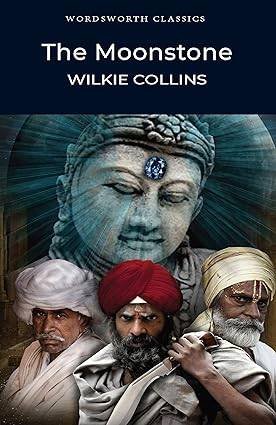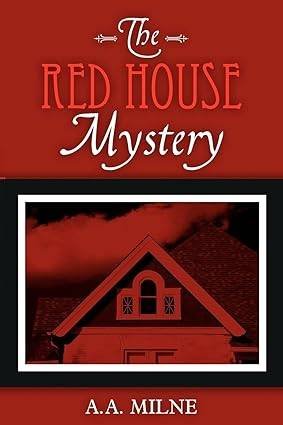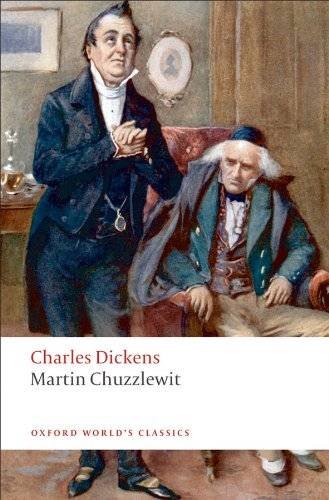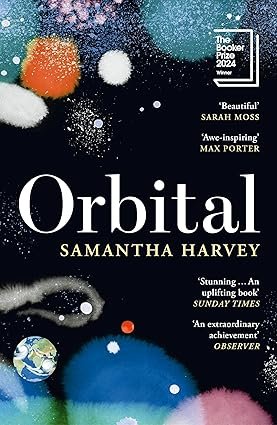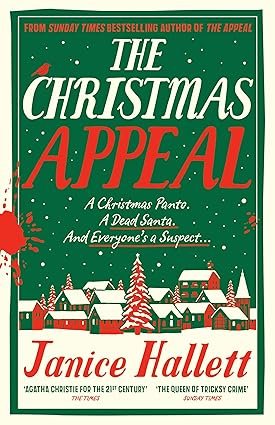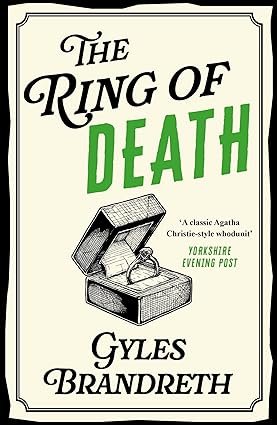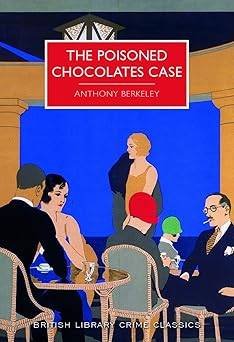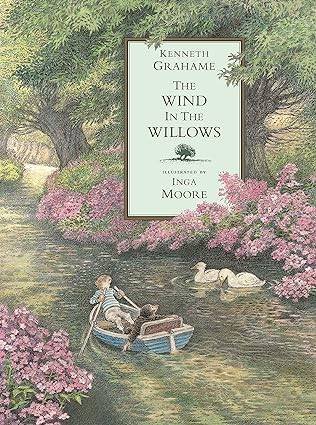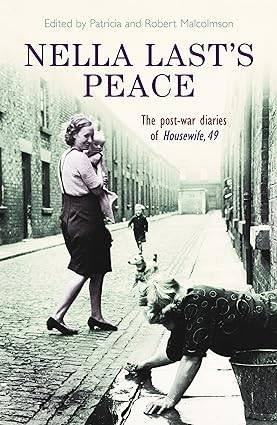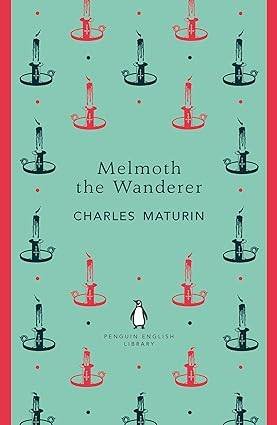Home » Book Reviews » Robert Graves » Wife to Mr Milton by Robert Graves
Possible spoilers ahead
Frustratingly I can’t remember who recommended this book to me or where I heard about it, but it is on my list of books to read so I must have heard about it from somewhere! It is set in 1640s Oxford and is the fictional journal of the wife of poet John Milton, a lady called Marie Powell. I love epistolary novels, so I am already excited by this, though I am also intrigued why the author chose to tell the life of a famous man from his wife’s point of view. Grab your copy and let’s read it together!
Marie Powell is 15 years old and is convinced she is in love with Edmund (Mun) Verney, who is ten years older than her. She is given a journal by her grandmother, so decides to record her thoughts and life experiences in this journal. Marie’s family used to be fairly wealthy, but her father is now heavily in debt due to loans he has taken out and not repaid. As one of these debts is to John Milton, her father suggests to Marie that she marry Milton in order to clear the debt. Marie agrees to this as she has read Milton’s poetry and sympathises with many of his ideas and arguments, and even though she and Mun had declared their love for each other she has now heard he is courting other girls so she sees no point in waiting for him. Hmmm, Mun doesn’t sound particularly reliable or responsible so perhaps it is better that Marie doesn’t wait to marry him, but I am a bit concerned about the huge age difference between her and Milton with her being 15 and him being 34! I like the family’s lively conversations and debates together, particularly Marie’s debates with her brother about literature. I’m liking the book so far, as Marie’s journal reads like a letter to a friend or family member and is full of lots of gossipy detail about little events in her life, and she writes in a very honest way, admitting her foolishness and mistakes and she lists her sins and temptations and tries to deny herself things and tries to improve herself. The language is quite old-fashioned so it feels a little slow to read, but it makes her record seem more genuine.
Milton visits the family at their home, but doesn’t make any effort to ingratiate himself to them. He interrupts Marie’s brother James and talks over him and doesn’t listen to his view, and instead lectures and patronises him. Marie asks Milton why he has decided to marry, and he says it is because he thinks that being with a woman will aid his poetical abilities as ‘before he may write a noble and immortal epic or grand dramatic poem, a man must first achieve the satisfaction of his natural flesh, that I have never known a woman carnally is, I believe, the cause why I am now so greatly delayed in the task which I have set myself’. As the time of the wedding approaches, Marie reflects that ‘in agreeing to marry him I had reasoned that he would hold himself in such haughty superiority that I could live in a manner apart from him…only thus could I preserve unhurt that true and enduring love that bound me to Mun’. At the wedding, Milton disapproves of the traditional village celebrations, and tells Marie she must change her name to Mary and that he will ban any family member or friend from visiting who continues to call her Marie. Well, Milton seems a very arrogant and self-opinionated man, grrrr! And I was quite shocked at his reason for marriage being that he thinks it will help him be more productive with his work, there seems no conception in his mind of any love or feelings for his wife! And I fear for Marie’s happiness, not just with such a man but with her also still having feelings for Mun, oh dear! But I wondered if all the speeches from Milton when he talked to the family were actually genuine, or were just made up by the author. I was also fascinated by the debate (on Milton’s arrival at the family home) about dinosaur bones and fossil shells found in the area and them trying to decide what these were and how they had arrived at a place so far from the sea, whilst still incorporating the idea that God created the world in seven days! I guess these were subjects that went on at that time but it seems amazing now to consider a time when dinosaurs weren’t thoroughly known about, and alarming too to consider what finds were subsequently lost before they realised what they had discovered. There are also lots of interesting details of what happened at that time with the King and parliament and the Scots and religious rules (which I don’t know much about, to my shame!), but I am puzzled and intrigued by the author’s choice of using a young girl’s diary to detail this. I am imagining that the author wanted to paint a picture of what life was like during the important and tumultuous time of the English Civil War, and how the political and religious situation was then, and to show the conflict between families of different political persuasions, and to demonstrate the behaviours of the King and the Scots, but as the author was writing from the point of view of a young girl it makes me wonder if this is how she would actually have viewed and understood the events at the time. I guess it’s a clever way around it by having her writing about the conversations in her home on these subjects, as then she is reporting the points of view of her adult parents (even if she didn’t thoroughly understand all the ins and outs of it herself), but it seems a kind of complicated way of doing it by using a young girl’s diary to record this period of history. And I’m also intrigued that this male author, aged in his late 40s and writing in the 1940s, thought he could accurately imagine and portray the ideas and understanding of a girl aged 15 in the 1640s. I can’t imagine that there was much recorded about Marie’s early life so I am presuming all this is mostly from the author’s imagination, and I guess this demonstrates that he had a fine imagination to attempt to write a character who was so far from his own personal experience, but (again) it seems a kind of complicated way of doing it. But perhaps this author thrived on challenges like that! And I am still wondering (as I was wondering before I even opened the book), why focus on Marie to give a description of Milton’s life rather than Milton himself? I can see that this shows another side to Milton, with it being from his wife’s experience, but as I’m presuming that most of Marie’s thoughts have been imagined by the author I’m then left wondering how accurate this side of Milton (from his wife’s point of view) actually is. And it bothers me a bit that I am forming an opinion about Milton from what seems to be a fictionalised account, just what the author thought the wife of Milton may have felt during her life with him, not what she actually stated she felt.
The first few weeks of marriage don’t go well with misunderstandings between them, which Marie tries to solve but Milton won’t allow her to explain and locks her in a room. He eventually sends her back to her father saying he will only take her back when he receives the money from her father for the marriage settlement. When the English Civil War begins with fighting between King and parliament, the King bases himself at Oxford (where Milton and Marie live), so the area becomes central to the war and battles. Marie fears her brothers may be fighting on one side (the King’s) and her husband fighting on the other side (parliament’s), but her husband decides that the life of a poet is worth preserving and worth more than soldiers’ lives so he doesn’t volunteer to fight and composes poems instead about the war. Well, Milton doesn’t seem to improve at all, does he? Fancy locking Marie in a room, as well as not listening to her explanation! I was very relieved for Marie when Milton sent her back to live with her father, I was viewing that as a lucky escape for her, though I’m aware she was probably made to feel ashamed for the breakdown of her marriage. I’ve also read about Robert Graves, and it appears he hated Milton’s poems and seemingly hated the man himself! I had presumed (before I began reading the book and realised my error!) that as a poet Graves revered Milton’s work and this was therefore why he wrote this book, but it seems the opposite was the case and this certainly seems to fit more with him almost disparaging Milton and painting him in the worst possible light in this book, which makes me a little uncomfortable reading it and bizarrely also makes me begin to feel a little defensive for Milton as he can’t defend himself, and so I am trying to look for some good points in the man! And with the author’s apparent dislike for Milton, I again wonder how accurate Marie’s journal is and how unpleasant Milton really was, or if the author was exaggerating things in order to lead the reader to form certain opinions about the man. I also wonder if the author having fought in the First World War and Milton choosing not to fight in this Civil War, contributed to his view of Milton. Apparently the author said his sources for this book were Milton’s poems which he felt exposed the true feelings of the man towards his young wife. Hmmm, I guess as I’ve not read Milton’s poems then I can’t judge if I would also feel that myself, but I still think this doesn’t remove my concern that a lot of this could just be based on the author’s imagination. I have also been reading up about the English Civil War with the two sides fighting about how England was to be governed, and that it wasn’t about disputing royal rule but rather saying that this royal rule needs to be governed and checked and monitored by parliament (or at least this is my understanding of it!).
Marie is convinced to go back to her husband by a highly-regarded colonel as the authorities are concerned about the influence of the pamphlet he has published about divorce, and they also tell her that he is planning to take up with another woman who will suffer more than she has done. Marie returns and has two children with Milton, the first child has one leg shorter than the other which Milton claims was caused by Marie not wanting the child. Milton gets a job with the new government, dealing with texts and censorship of the press. He still broods over the missing £1000 marriage settlement from Marie’s father, now Marie’s father has died still in great debt, and he uses the lack of the marriage settlement as an excuse for not affording a servant and Marie having to run the house. Omg, life with Milton just gets worse and worse for poor Marie, it really is difficult to find any good points for the man at all (or at least, any good points through this book). I was willing her not to go back to Milton, knowing she would be unhappy there, but I guess women had very little rights or voice then at that time. And it doesn’t matter how many times I am reminded of this, I still can’t quite believe that England actually executed King Charles 1st, it just shocks me every time I think about it!
Milton becomes famous for defending the King’s death and publicising all the King’s faults. He gradually goes blind. Marie dies shortly after the birth of their fourth child, after being physically damaged by the birth of their third child. When he dies, Milton’s will states that he leaves nothing to his children with Marie because the marriage settlement is still outstanding. Wow, he was obsessed with that marriage settlement, he really couldn’t let it go, could he?! But fancy leaving nothing to the children he had with Marie! Even I can’t find anything redeeming in the man, and I really was willing to look for some good points!
Well, it’s difficult to identify quite how I feel about this book. It did intrigue me, and I’m grateful that I have now learnt more about the English Civil War, and it was interesting to learn about the traditions and way of life during that time in history, particularly the local traditions they followed such as Twelfth Night celebrations with masquerades, and I always love reading books in the forms of journals. But I did find the book quite slow-paced, and I was continually uncomfortable and distracted by feeling like I was being led to form a particular view about Milton from the author. By one of those strange coincidences, I recently saw a portrait of Milton on a wall in a library, and I stood for quite a while studying it, trying to get from it some kind of hint as to what kind of man he actually was.
I am wondering what Robert Graves’ other books are like, and I see Goodbye To All That is his account of the First World War which always fascinate me so I will be interested to read that book. I also kept getting George Eliot’s book Middlemarch in my mind whilst reading this book (which I read years ago and remember only vaguely) as Milton seemed to me a little like Casaubon in Middlemarch, and this has prompted me to pick up Middlemarch to read again (though it is a huge book so I’m sure it will take me quite some time) and I chuckled to read in the first few chapters that Dorothea Brooke (one of the main characters of Middlemarch) felt that she wanted to prove her worth and her ability to sacrifice by marrying someone such as ‘John Milton when his blindness had come on’, tee hee, what a coincidence, and I suspect she would have felt differently if she had read this book! I also have Alexandre Dumas’ Twenty Years After on my bookshelf to read (after having enjoyed The Three Musketeers) and I see from the blurb on the back of that book that it deals with the execution of Charles 1st so I am looking forward to another recounting of this from another book. I also can’t help feeling I should try to read some of Milton’s poetry too (though I’m not really a poetry person) in order to try and get a picture of the man, so I will aim to read Paradise Lost. And I wondered if anyone else had written an account of Milton and how they described him, and when I search on Amazon I see there is a book by AN Wilson called The Life of John Milton so I’m tempted to read this book too, just to try and finally find out what kind of man he really was.



